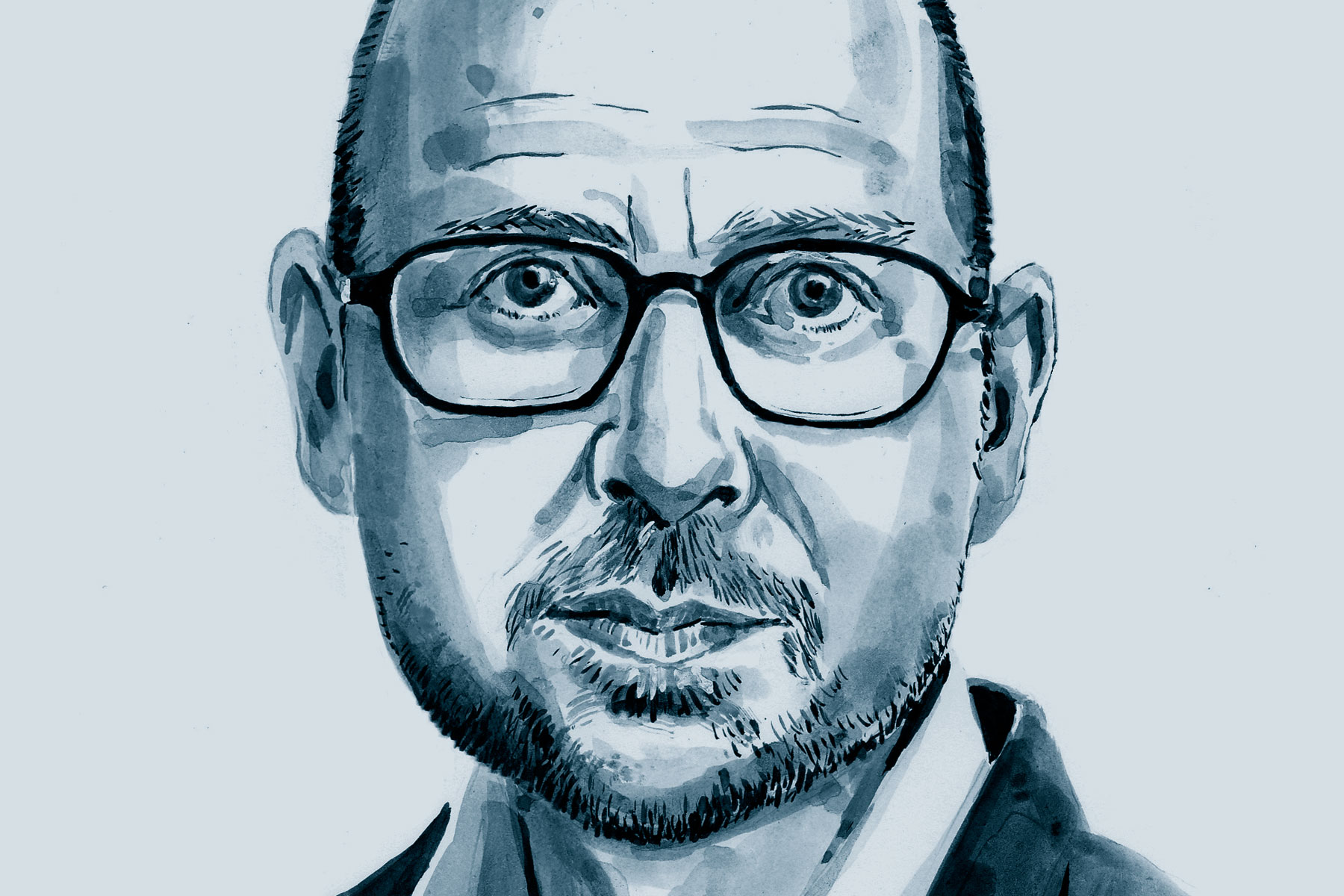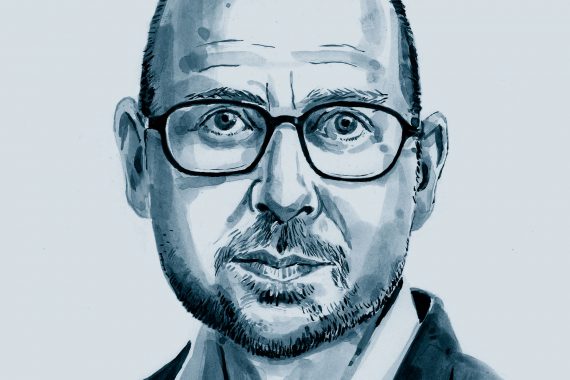
Over the past few years I have been involved in helping to reorganise practices in difficulty. Practices struggle because they hit a tipping point and enter perpetual crisis management. Crisis undermines recruitment and retention, strains relationships and leaves organisations paralysed.
The art is to stabilise the practice and allow space to instigate change. In my experience, through this process of restructuring services to deliver better access and therefore care, it is possible to achieve large efficiency savings.
During this time what has struck me is the sheer volume of the work in general practice and relative lack of resource we have. A practice might be caring for 10,000 patients with a budget of around £1 million per year, a large sum of money but not for offering high quality, unlimited access.
The local hospital caring for the same 10,000 patients receives around £9 million a year. Hospitals have roughly 10% the level of patient contact compared with general practice, so it is receiving roughly 100 times more resource per patient seen.
Why can’t consultants offer 15-minute appointments and see 30 patients a day? How many face-to-face clinical sessions are consultants actually doing?
Despite these resources the hospital access remains woeful. Waiting times of months upon months. Appointments cancelled at short notice, consultants never phoning back, referrals bounced, work dumped – ‘suggest patient needs anticoagulants’ meaning guess-who taking on years of testing and follow up – and specialists promoting inappropriate polypharmacy, with many obviously in the thrall of Big Pharma.
Why do we have to wait months for patients to be seen? Many specialties are outpatient based, such as dermatology, ENT, rheumatology and the rest. Why can’t consultants offer 15-minute appointments and see 30 patients a day? How many face-to-face clinical sessions are consultants actually doing? Why hasn’t expanding consultants numbers improved access? The A&E is front door of care, so why is it so dysfunctional? There are lots of senior doctors in the hospital, so why are they not deployed in A&E during busy times? Why is it that junior staff are still seeing the sickest patients?
Consider that 5% of consultants earn more than £175,000 from the NHS and 50% have undisclosed private income. The last consultant contract is a spectacular failure of productivity and waste of money.[1] Worried patients feel pressured to side step the queues by going privately (to see the same NHS consultants). So as ever, the poorest get the poorest service. Even in supposedly egalitarian Scotland we are only paying lip service to social equality.
The hospital sector is in perpetual crisis and the system seems incapable of instigating meaningful change. More of the same isn’t working. The BMA is a not professional body but a trade union acting to protect income and status of its members, leaving hospital care riven with restrictive practices and crippled by 19th century hierarchy.
Hospital care is crying out for root and branch restructuring. This involves adopting new technologies and fundamental changes to working practices of the clinical staff. Many, many consultants are deeply frustrated, know all this and want meaningful change.
Productivity savings, you bet.
Dr Des Spence is a GP in Maryhill, Glasgow
1. Bloor, K et al. Trends in consultant clinical activity and the effect of the 2003 contract change: retrospective analysis of secondary data. J R Soc Med 2012; 105: 472–479

















